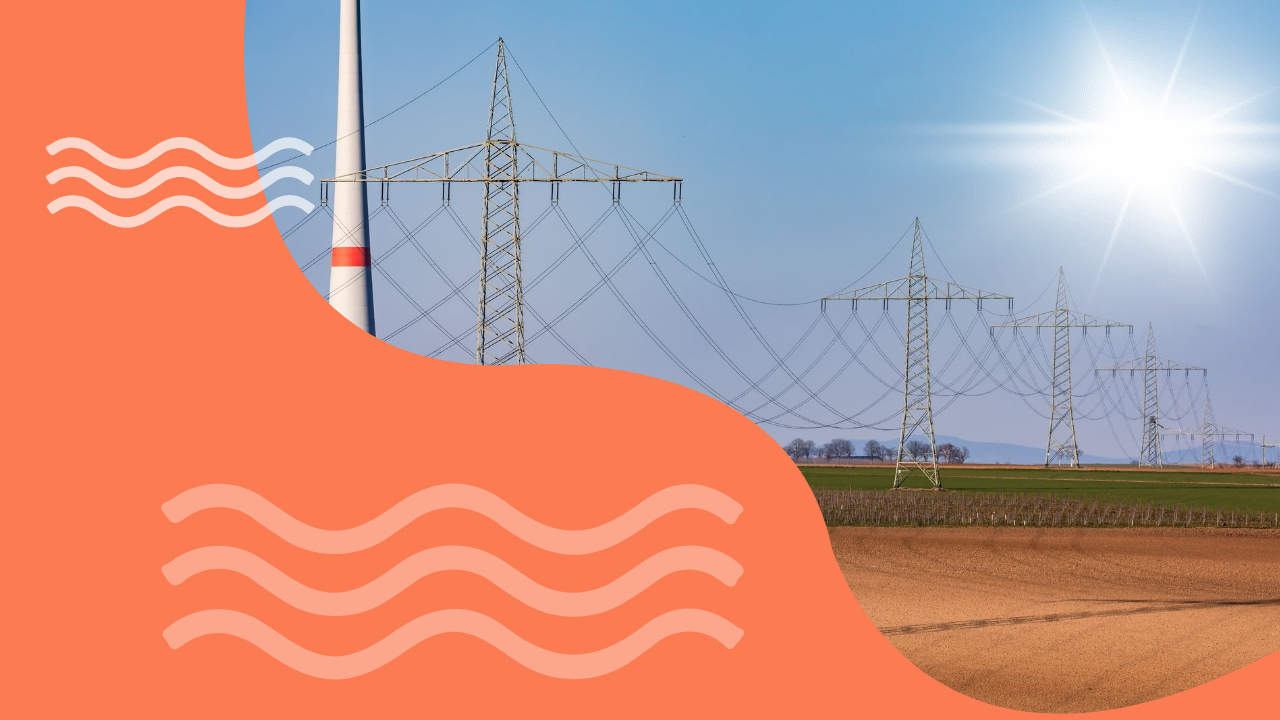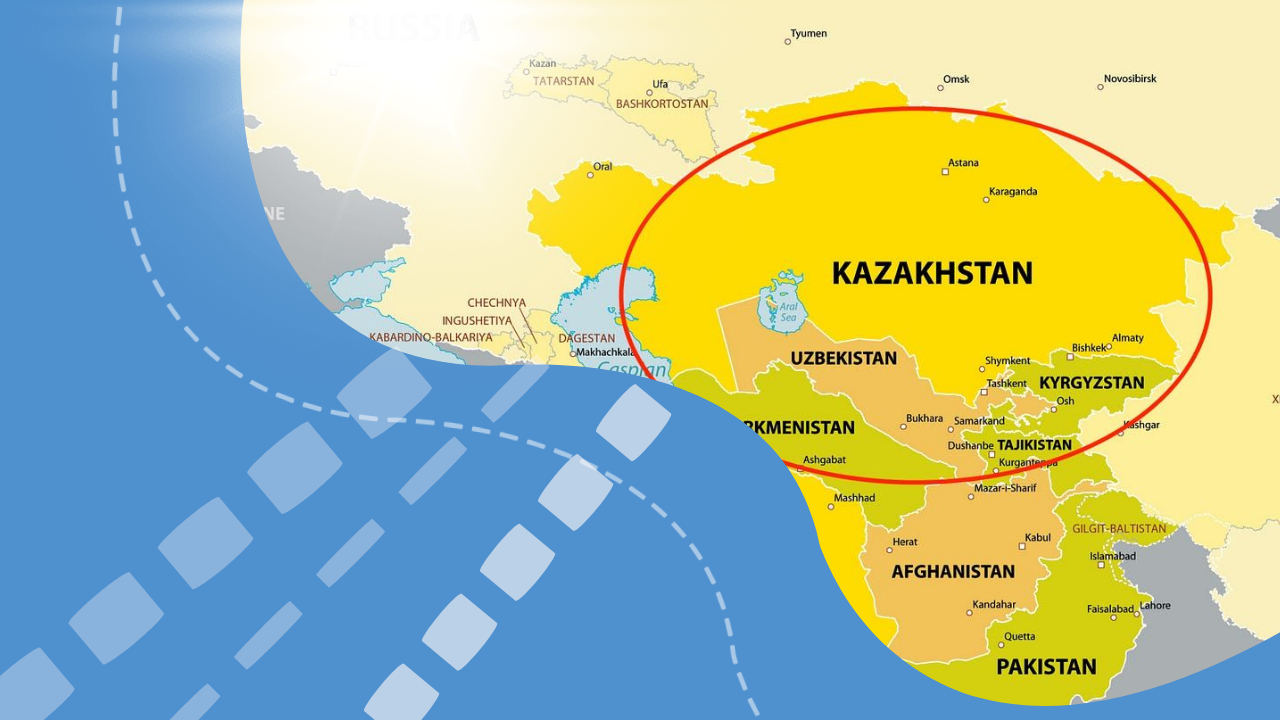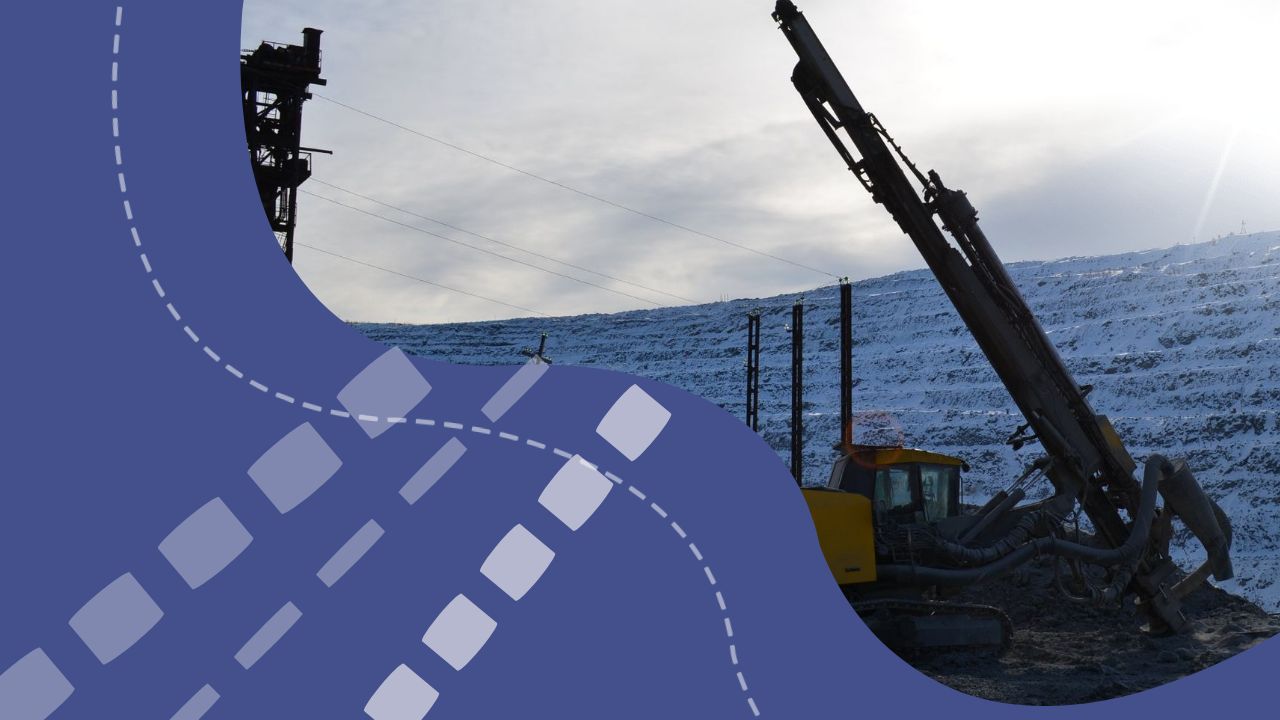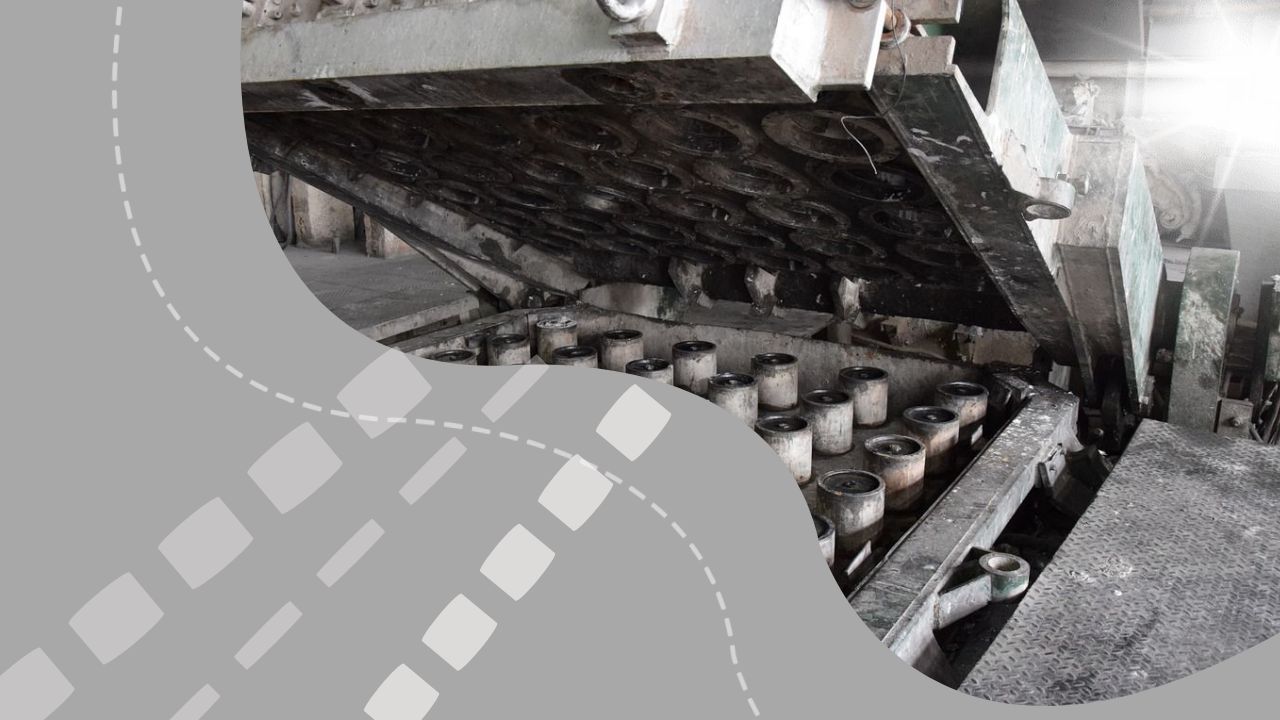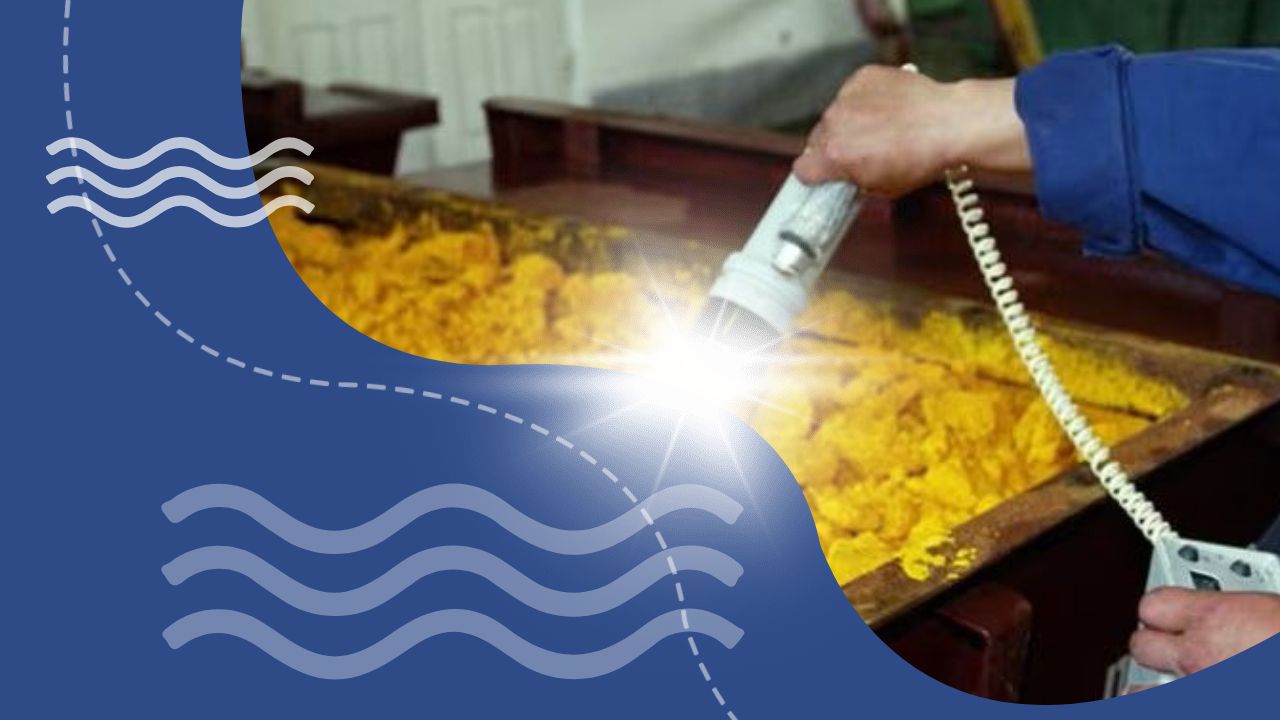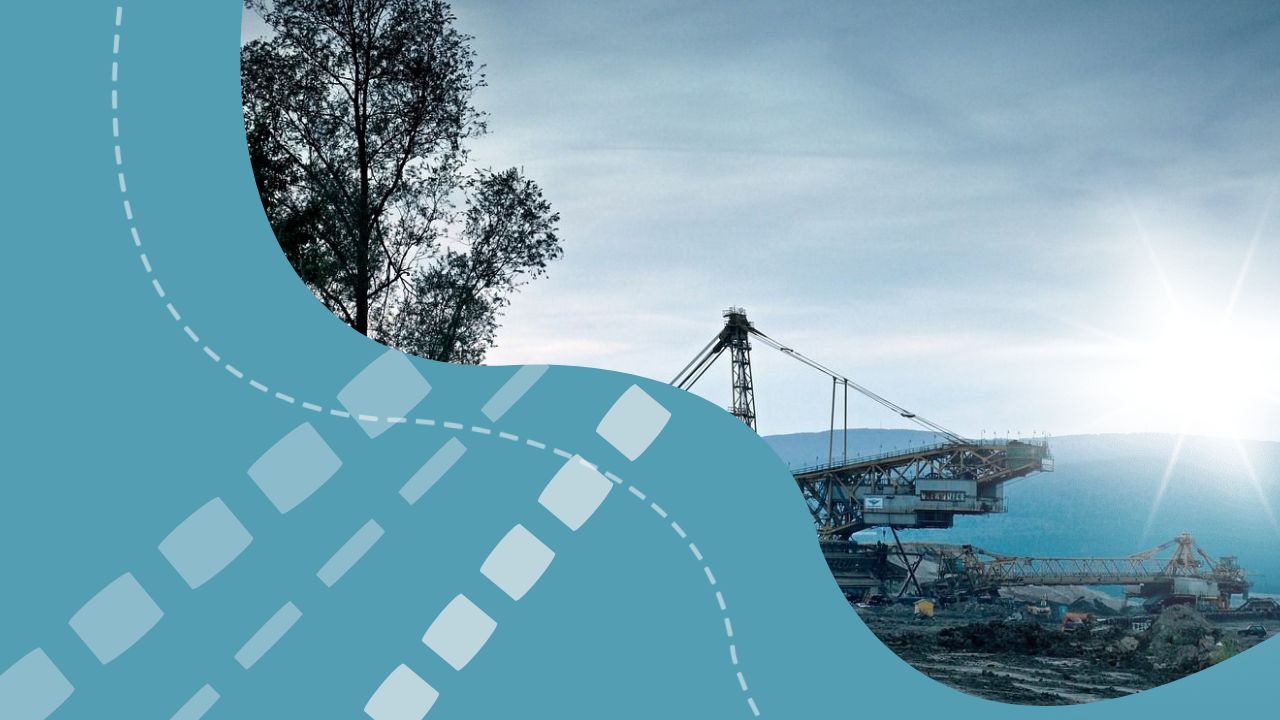ikolay Radostovets, the Executive Director of the Republican Association of Mining and Metallurgical Enterprises, suggested reducing the mineral extraction tax (MET) rate to zero for the processing of technogenic mineral formations left after metal extraction.
“In Kazakhstan, there is a huge amount of technogenic mineral waste. We only process about 11% of the volumes generated annually, which means that there is an increase every year. The Association firmly presents the issue to the government that this issue needs to be addressed not through administrative measures but primarily through tax incentives. If we are currently processing waste, the MET rate is the same as when processing full-fledged raw materials. This is unfair,” he said during the MINEX-2024 forum.
In Kazakhstan, over 60 billion tons of technogenic mineral waste has accumulated in dumps. In developed countries, about 70-80% of all generated technogenic mineral waste is processed. According to Radostovets, in order to stimulate the processing of technogenic mineral waste, the state needs to provide tax incentives.
“Therefore, we propose that for technogenic mineral waste belonging to the subsoil user, it is still considered their property after processing. The processing of this waste should not be subject to MET at all,” Radostovets noted.
At the same time, according to him, when processing technogenic mineral waste belonging to the state, a reduced MET rate should be applied.
In addition, the Association is raising the issue of possible licensing of metal exports.
“A license (for metal exports) may not be issued if internal needs (for this metal) are not met, but we are dealing with the fact that for many types of metals, we voluntarily provided metal to the domestic market at a 5% lower price on average, but as of the end of 2023, for many metals, there is no complete data. So, this is not only our task. Probably, the government’s task is to build another model of stimulating metal processing,” he said.
Radostovets believes that licenses should be issued for the entire duration of the subsoil use contract. He also believes that metal processing should be carried out by third-party enterprises, not by the subsoil users themselves. However, if the state wishes to stimulate the processing of metals by subsoil users themselves, it should provide tax incentives.
He also noted that the state currently cannot allocate significant funds for geological exploration, while mining companies have a package of amendments to the Tax Code, which has already been considered at the level of the Vice Prime Minister of Kazakhstan. The head of the Association expressed hope that the amendments to the Code will make it possible to fully comply with international requirements regarding exploration activities.
The Association also proposes to clarify the norms of the Tax Code in the event of successful exploration to include all expenses for geological exploration work as deductions regardless of the allocation of separate areas in new contracts, as well as to establish a deduction for corporate income tax for expenses on geological exploration for solid minerals through existing mining contracts.
In the event of unsuccessful exploration upon completion of the contract (license), it is proposed to consider exploration expenses as deductions when calculating the total annual income from non-contractual activities, to consider exploration expenses as deductions when calculating corporate income tax within other contracts (licenses) for mining of solid minerals. It is also proposed to ensure the return of excess VAT on expenses for geological exploration regardless of the results of exploration and the presence of exports of solid minerals/processed products.

